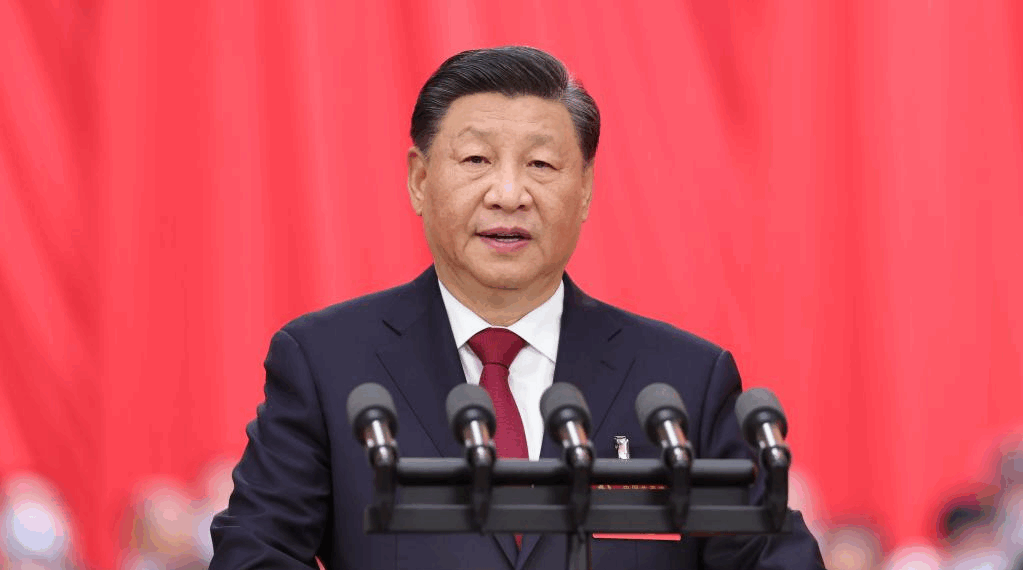This year marks the 80th anniversary of the victory of the World Anti-Fascist War. The catastrophic war in human history rewrote the geopolitical landscape of the 20th century, and ushered in the international order with the United Nations at its core. During WWII, China was the first country to launch resistance in the East and, more importantly, stood as a pillar in the main Eastern theater.
Today, facing increasingly complex geopolitical conflicts and global challenges, China remains an important force for defending post-war international order. To this end, it proposed the vision of building a community with a shared future for humanity, providing a clear, incisive answer to the important question of “what kind of world to build and how to build it.”
I. Fourteen Years of Heroic War Against Aggression: China, a Founder of Post-War Order
From the screams and cries in 1931 to the bugle of victory in 1945, the 14-year-long War of Resistance was an epic chapter that the Chinese people wrote with their lives. Under ferocious aggression, China suffered 35 million military and non-military casualties. The number testifies to China’s solemn pledge: seeking justice for humanity.
During the darkest days of the War of Resistance, China tied down nearly 70 percent of the Japanese Army, and thus helped Allied forces in other theaters gain vital strategic opportunities. Had China failed, the Japanese aggressors might have pivoted to the Soviet Union or India earlier, and the global landscape could have been completely changed. Thanks to this strategic contribution, China proudly became a founder of the United Nations, a signatory to the U.N. Charter, and a permanent member of the U.N. Security Council.
II. For Peace and Development: China, Defender of the International Order
The Five Principles of Peaceful Coexistence, first proposed by China in the 1950s, has become a basic norm universally recognized by the international community. Contributing more peacekeepers than any other permanent members of the U.N. Security Council, China is acclaimed as a key factor and a vital force in peacekeeping efforts. In recent years, China has made relentless efforts for peace by actively mediating hotspot issues in the Middle East and Africa. The Belt and Road Initiative, with over 150 partners cooperating in such key fields as infrastructure, energy and digital economy, has provided strong impetus for the development of the Global South countries. In areas concerning humanity’s well-being such as climate change solutions and digital transformation, China has provided large amounts of international public goods by sharing its products, technologies and governance experience. In today’s world, with rising anti-globalization sentiment and growing noises of “decoupling”, some are erecting walls and some are building bridges. With its consistent pursuit of openness, inclusiveness and mutual benefit, China has shown to all fellow nations striving for modernization that it aims to seek progress for humanity.
III. Proposing a Community with a Shared Future for Humanity: China, Pacesetter in Promoting New Development of International Order
As changes unseen in a century unfold in the world, developing countries as a whole are enhancing competitive advantage. The current international mechanisms fall short of the needs of global governance due to the lack of viable institutions, forward-looking visions and effective approaches. As such, a new vision on international order is eagerly called upon. China has proposed the building of a community with a shared future for humanity.
It believes that a multipolar world needs to be equal and orderly, economic globalization should be universally beneficial and inclusive, and true multilateralism must be safeguarded. World affairs should be handled through extensive consultation, not dictated by those with more muscles.
China, having emerged from the flames of war, remains steadfast in upholding fairness, justice, development and progress for humanity.




















